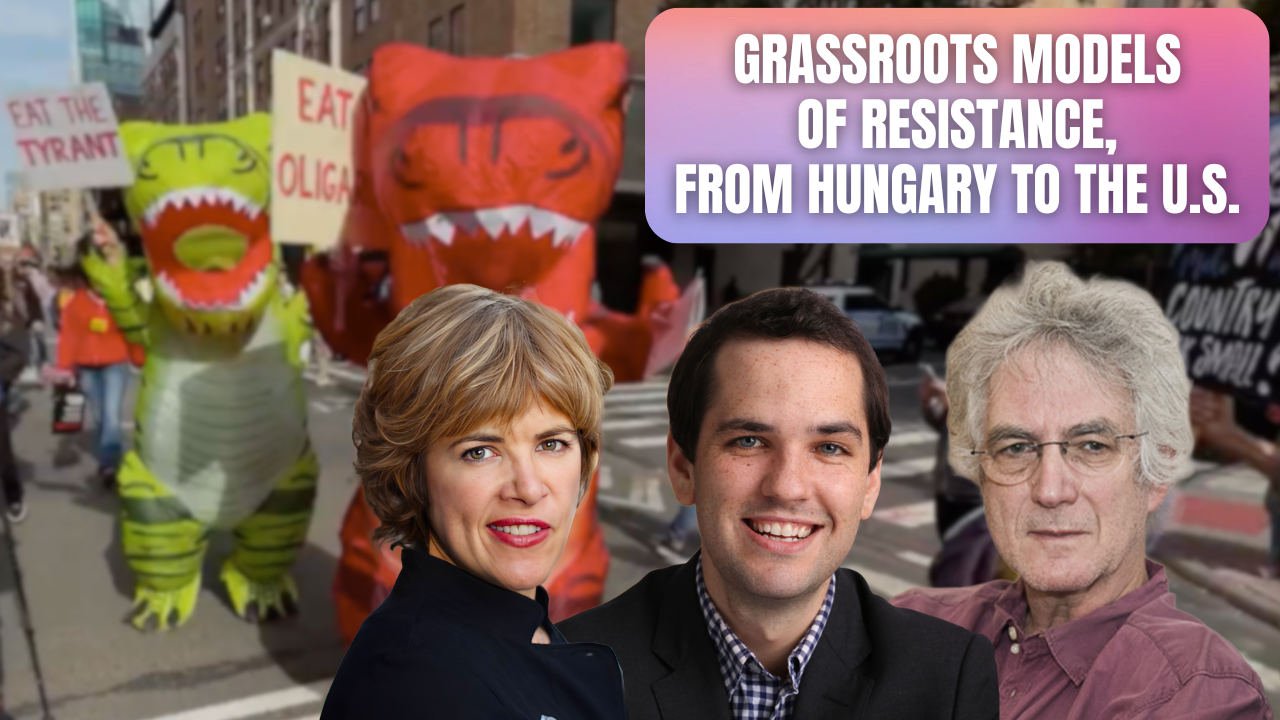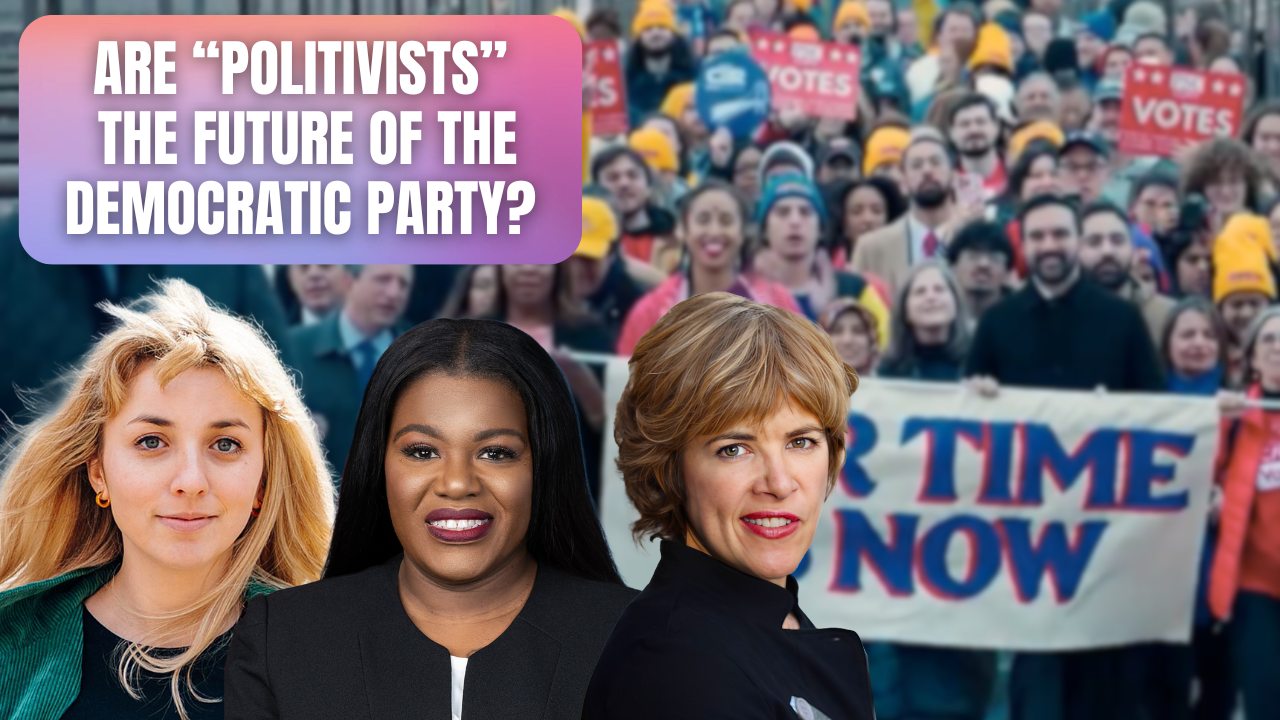The Great American Lie – F Word
To download, please subscribe. To download a single episode, click share in the podcast player above.
[social-share]
The Great American Lie
The Financial Times recently reviewed a slew of business books whose titles speak volumes about denial in America.
Winning Now, Winning Later; Future-Proof Your Business; Designing Your Work Life; and The Art of Being Indispensable at Work.
The titles convey the most beloved message in America: namely that go-to people get theirs and get ahead by dint of working hard and smart.
“In tight post-crisis workplaces, being someone dependable and skilled is going to become evermore important,” writes the reviewer.
What’s evermore important is that we consign that sort of message to the trash heap.
Since the beginning of the Covid-19 pandemic, all sorts of Americans have worked hard. Americans of all races and genders and classes have gotten up, gotten things done, and made difficult decisions. Many so-called essential workers have not only been dependable and skilled, but have dependably risked their lives to provide critical services to others.
What has happened? Looking at just three months, mid-March to mid-June, over 47 million Americans filed for unemployment—first and foremost, those in lower-paid, more insecure jobs in the service sector—disproportionately, women of color. More than 3 million small businesses closed, twice as many black-owned as white. One in three is probably not coming back.
According to the National Bureau of Economic Research in Cambridge, Black America lost 41% of its entrepreneurs. Latinx business owners declined by 32%. Female-owned businesses declined by a quarter, while five white male billionaires saw their wealth grow by just a bit more than that—a 26% wealth gain that totals $101.7 billion.
Was that “orgy of wealth,” as Frank Clemente of Americans for Tax Fairness calls it, a product of hard work, dependability and skill? Not half as much as it was the product of decades of tax cuts and yet another giveaway in the form of the CARES pandemic relief act. The Congressional Joint Committee on Taxation reckons that, simply by permitting the rich to claim more on previous losses, even losses having nothing to do with Covid, those in the top bracket netted an average tax cut of $1.6 million each.
There are things we can do, but by WE, I mean government at every level. But not if we cling to the cruel lie that economic success is the product of individual merit and sweat.
There is one fatality from Covid-19 that I won’t grieve, and it’s that.
Click here for more of Laura’s commentary.








Leave a Reply